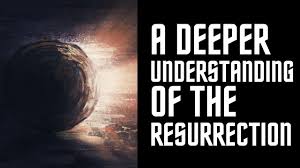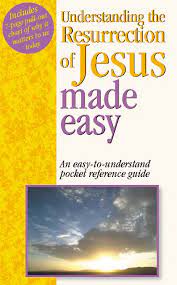What we know now
We began this series with the challenge to become more intentional and strategic in our prayers. We do this by praying According to God’s will (1 John 5:14-15), Believing in God’s ability (Matt. 21:21-22), and being Committed to God’s outcome (Hab. 3:17-19). When we pray in this manner, we place our trust in God’s love, His faithfulness, and His sovereignty. Then our prayers become more purposeful.
To pray more purposefully will also require a new attitude. This attitude is based on the recognition that prayer’s power is underwritten by God. It is the connector that releases God’s grace, promises, and power from the spiritual realm into our physical world.
Armed with this knowledge, we can begin to pray knowing that our prayers have the potential to affect change not only in our individual lives but also to change circumstances in the world. This includes the growing uncertainties of 21st century living.
Purposeful prayer 101
My prayer life, like many others, began one-sided: asking, seeking, and knocking (Matt. 7:7). I invested my time in learning what I thought was the “right way” to pray. I followed the PAPA prayer formula. I prayed the Scriptures. I employed the ACTS model (adoration-confession-thanksgiving-supplications). I wanted to better communicate with God, but I failed to realize what God really wanted. He wanted me to listen.
With all these methods, the common thread is that they lead to a relationship with God. When we’re in relationship with a person, we listen to them hoping to better understand who they are. In prayer, we dialogue with God. God speaks, we listen. We become familiar with His ways: how He operates in the world and in our situation. We understand His intent for our life and how to best serve Him.
Do we actively listen to hear God when we pray? Or do we follow the prayer that leads to our desired end? The Apostle Paul told us that we sometimes don’t know how to pray. Therefore it is the role of the Holy Spirit to guide us or redirect our prayers so they reflect the true will of God (Rom. 8:26-27).
In all seriousness, it is key that believers know that prayer is not just about getting what we want. Prayer is the greater work God has given us to do.
The Greater Work
Oswald Chambers, early-twentieth-century Scottish Baptist evangelist and teacher writes this about prayer:
Prayer does not equip us for greater works— prayer is the greater work. Prayer is the battle, and it makes no difference where you are. However God may engineer your circumstances, your duty is to pray. Never allow yourself this thought, “I am of no use where I am,” because you certainly cannot be used where you have not yet been placed. Wherever God has placed you and whatever your circumstances, you should pray, continually offering up prayers to Him.
Where do I begin?
Believe that God desires to communicate with us (Gen. 35:13). God is not some distant deity disinterested in His children. We cry “Abba Father” knowing He hears our every word (Gal. 4:6).
Know that God wishes to be in relationship with us (James 4:8a). By instituting His plan of salvation, He created the means to restore that which was loss in the Garden of Eden—fellowship with mankind.
Declare your intentions by asking God to help hear His voice. Hearing God is not natural (remember we loss that in the Garden) therefore, we must be intentional (Matt. 11:15). Set aside time to listen for His voice.
Invite Him into time with you and expect to hear (1 John 5:14). If you receive a fleeting impression, a scripture, or a song, don’t ignore it! Ask God to dialogue with you about what you heard.
Purposeful prayer is not a method, but a walk with God where ongoing dialogue occurs. It’s not about doing but it is about being mindful of our relationship with Triune God. It is an exciting time of fellowship and discovery. Are we ready for purposeful prayer?











